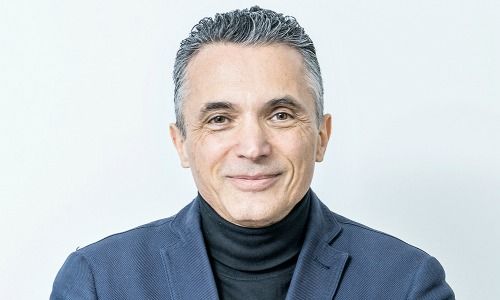With the introduction of the microtax, professor Marc Chesney wants to revolutionize the Swiss tax system. The idea of a tax on electronic transactions that the head of the banking institute at the University of Zurich favors, will probably provoke a rebuke from representatives of Swiss banking.
Professor Marc Chesney, head of the Department of Banking and Finance of the University of Zurich is part of a five-member committee looking to introduce a microtax in Switzerland. His colleagues are Felix Bolliger (a Zurich-based wealth manager and founder of the microtax), Oswald Sigg (former government spokesman and vice-chancellor of Switzerland), Anton Gunzinger (professor at the ETH and chairman of Super Computing Systems) and Jacob Zgraggen (a lawyer).
What is the aim of the microtax?
The aim of the microtax is a total overhaul of the tax system. Our tax system is archaic, bureaucratic and complex – it stems from the 19th century. In the era of digitization, it is counter-productive to levy a tax on labor. Digitization eliminates a great deal of low-skilled jobs. It’s about new paradigms. Small modifications to the system won’t suffice. We have to adapt.
And what is the microtax?
Electronic transactions have literally exploded in recent years – today they amount to at least 150 times our gross domestic product. A tax of 0.1 percent of this total as a tax would generate 100 billion Swiss francs ($100 billion).
«The rest could be used to finance the transformation of the energy system»
The total is so huge that it suffices to take a minute share as tax – hence we call it microtax.
What will you do with 100 billion francs?
The objective is to abolish the value-added tax (about 23 billion), the federal tax (about 22 billion) and the stamp duty (about 2 billion). That’s about 47 billion francs – the rest could be used to finance the transformation of the energy system.
How will the state levy the tax?
The banks will be authorized to levy the tax automatically, much like VAT. But simpler and less bureaucratic. When you withdraw 100 francs from an ATM, the bank will transfer 10 cents to Bern. No paper, nothing. It’s automatic. The bank will be paid for its service.
How will you make sure that the banks report all transactions?
It’s simple because they have an incentive to do so. If banks report fewer transactions, they earn less.
«We have to make sure that Switzerland doesn't end up on the OECD black list»
And because it says in the law. If you break the law, the fine will be much higher than the 0.1 percent.
Do you see a disadvantage of this tax?
Not really. We just have to make sure that we don’t end up on the OECD’s black list because our tax rate is too low. That’s why we haven't included the cantonal taxes in our system.
How would the introduction of the microtax square with a carbon tax?
If we take 0.2 percent, we can use the extra money to finance more clean energy. We have plenty of leeway – and it would still remain a microtax.
So the danger is that the microtax turns into a self-service basket for the state?
- Page 1 of 2
- Next >>






























